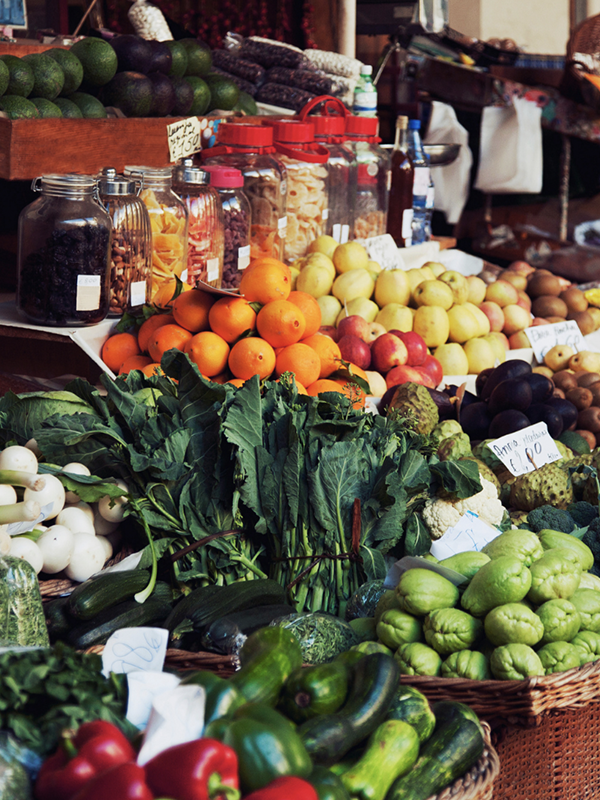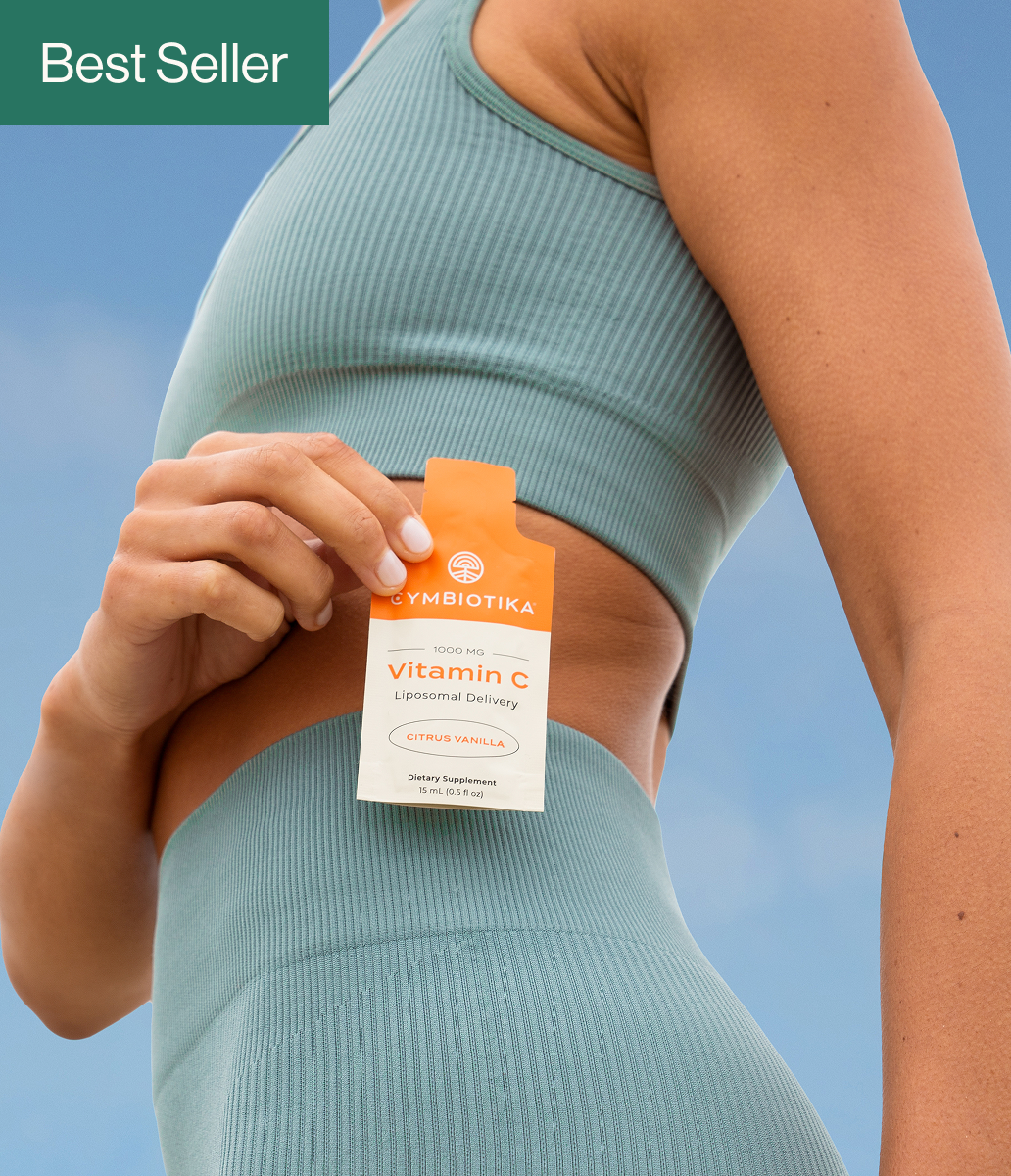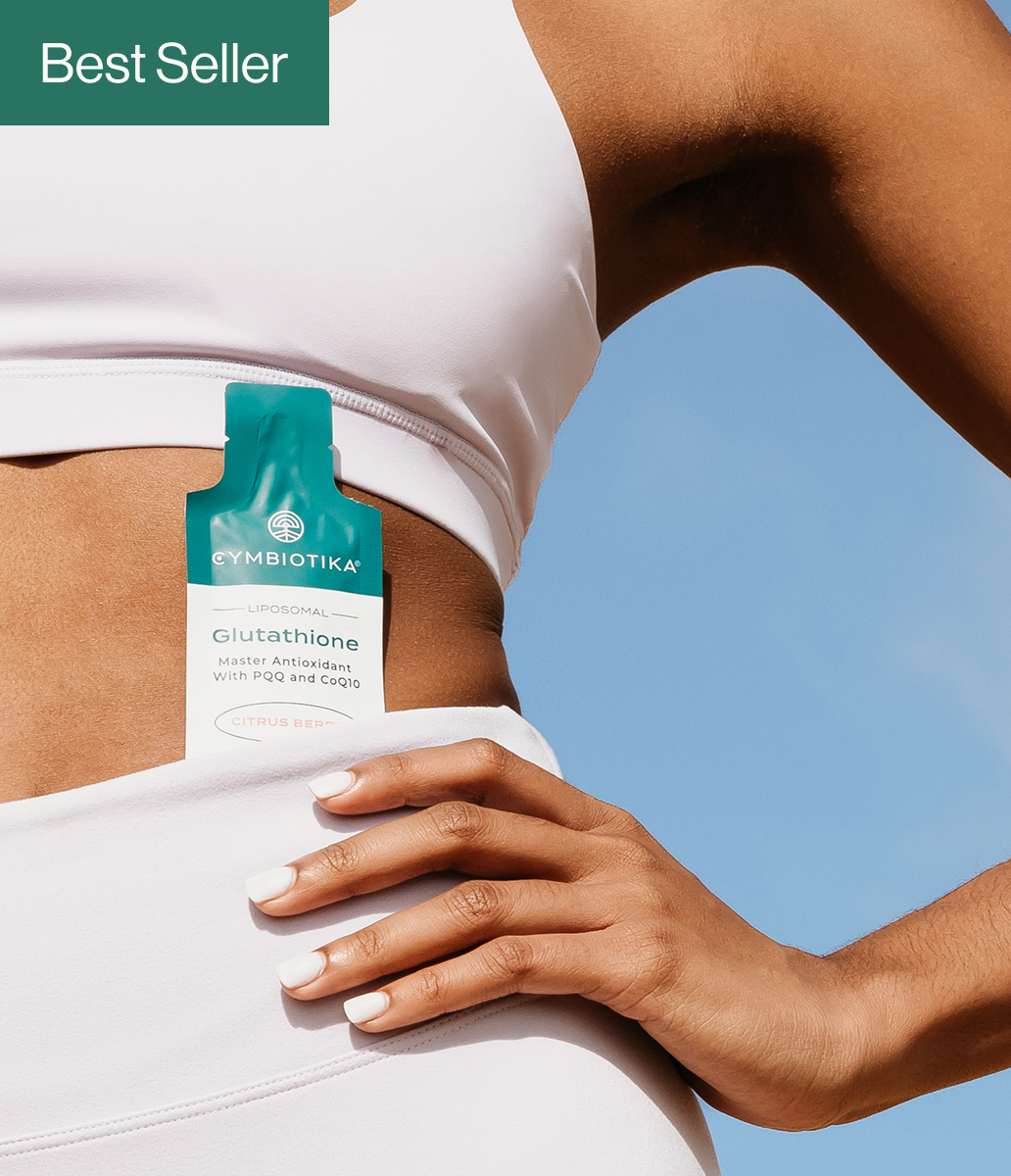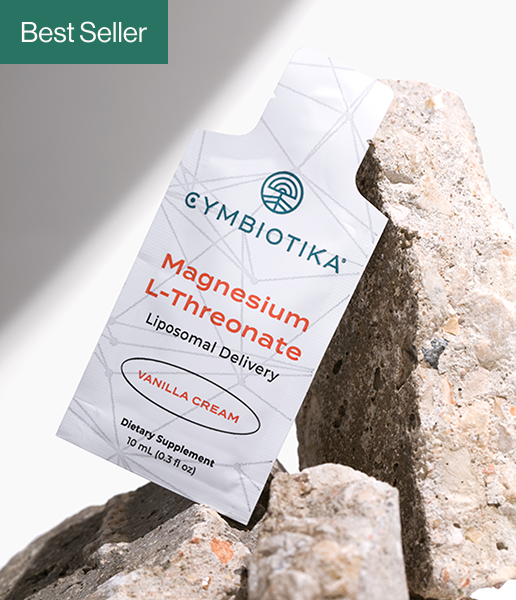
Throughout the past few years, the word “organic” has hit mainstream media and news, offering the idea that this is the healthiest form of food we can consume. While choosing organic produce is always a better option than going for conventionally grown crops (a type of farming that heavily uses pesticides, insecticides, fungicides, etc), we unfortunately cannot rely solely on the organic label to know if a farm is TRULY organic-- or in other terms, regenerative or Biodynamic.
Regenerative agriculture is a system of farming principles that seek to enhance the entire ecosystem by placing great emphasis on soil health, water management, fertilizer use and sequestering carbon from the air back into the earth. Most regenerative farms practice low or no till on their soil because tilling erodes the soil and releases large amounts of carbon dioxide into the atmosphere. Along with this, regenerative farming practices focus on creating abundant, biodiverse ecosystems and use cover crops to enhance soil fertility. Basically… the less we mess with mother nature, the more we will learn her rhythms and trust in her ability to produce.
We could go on and on about farming principles, but we’d love to share some basic tips and guidelines to follow when buying produce and animal products. The best bet to knowing EXACTLY where your food is coming from is to visit your local farmers market if you have one nearby or connecting with local farmers in your area. Small family farms who are growing food in an integral way will most likely always love sharing about their practices with you, so don’t be afraid to ask some questions!
We have created a list of guidelines, questions, and tips to help you in choosing the most nutrient dense produce and food when you are at the market or grocery store.
Questions about fruit/veggies:
- If at a farmers market, ask the farmers if they are farming in an organic manner. They don’t need to have a certification (the certs are very expensive to get!) but more than likely, most of them are using organic/regenerative practices.
- If they’re not certified but say they practice organically, ask them what they do for pest control-- aka in hopes they don’t use pesticides or synthetic chemicals. Most will say they don’t do anything or they may use something like neem oil to deflect pests which is OK!
- Do you use GMO seeds? (best to stay clear when possible, these seeds are made to withstand heavy pesticide spraying)
- If at a grocery store, bring your phone with you and look up the farms in which your produce is coming from. Try to buy as local as possible and minimize buying crops that have traveled thousands of miles.
Questions about animal products:
- Are the animals roaming free? Whether you’re at a grocery store or farmers market, there’s always a way to find this out. If you’re at the store, look up the farm in which the product is coming from. If you can’t find any info about the farm or practices, chances are it’s not the most ethical!
- Are the animals (besides chickens) grass fed?
- What type of feed are the chickens consuming? Does it have soy, corn, or gluten, and is it organic feed? (Organic when possible is best)
- Do the animals/products get shipped out to a different facility to get processed (this is more of a farmers market question)
- If you ship them out, where to and what are the practices of that facility and how long has the product been sitting for?
- Can I come visit the farm to check out your practices? (this applies to produce as well!!)
We hope this inspires and encourages you to get out and support local farmers whenever possible! They are some of the hardest workers out there and deserve our appreciation! It’s always the best feeling once you get to know farmers who are passionate about what they do and spend their lives tending to the earth for us.
If you have any other questions, feel free to reach out on social media!
With love and gratitude,
The Cymbiotika Team




















